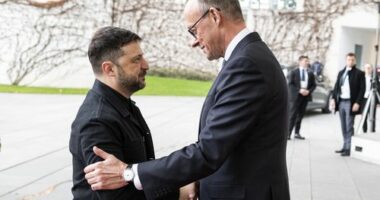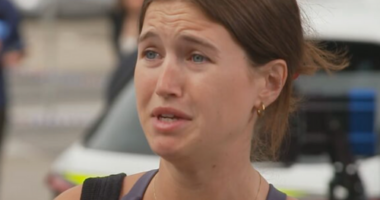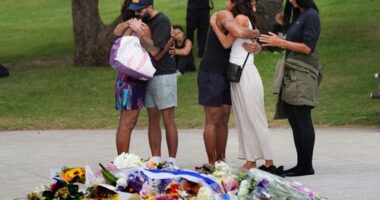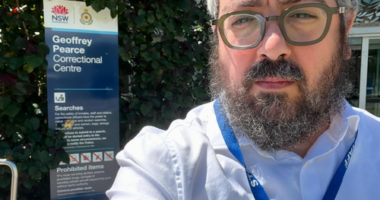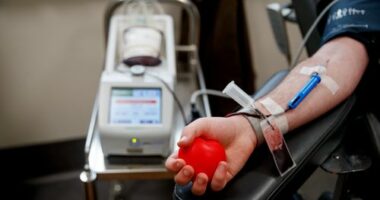Share this @internewscast.com
These vital resources are now disappearing following USAID’s formal closure, announced on Tuesday.

‘Fadumo’ says she is displaced because of hunger and her inability to feed her children. Source: SBS News / Danielle Robertson
The dismantling of the agency, which Donald Trump had described as being “run by a bunch of radical lunatics”, began soon after the US president commenced his second term.
To its its defenders, USAID is an essential humanitarian agency, whose work also boosts America’s soft power and champions democratic values.
The human cost of USAID cuts
This is one of the few remaining lifelines, and it’s slipping away fast, as US aid cuts force critical nutrition centres to shut their doors.

In Baidoa’s malnutrition clinics, mothers like ‘Layla’ endure long waits in the oppressive heat, eager for their children to receive attention. Source: SBS News / Danielle Robertson
Save the Children says all of its nutrition centres in Baidoa will shut down by the end of this month. More than 120 centres have already closed, leaving over 55,000 children at risk of dying from preventable hunger.
According to the United Nations, it’s estimated that by year’s end, around 1.7 million children under five in Somalia will experience acute malnutrition.
‘Sometimes we pool our money to help patients’
“If the aid is cut during this crisis, we could end up in a situation like we did in 1991,” he said.
“If you look at what al-Shabaab has gained of late, it is a huge concern for us,” Gebru said.
The end of USAID
In a farewell to remaining staff on Monday (local time), former presidents George W Bush, a Republican, and Democrat Barack Obama — as well as U2 frontman Bono — saluted their work and said it was still needed.


